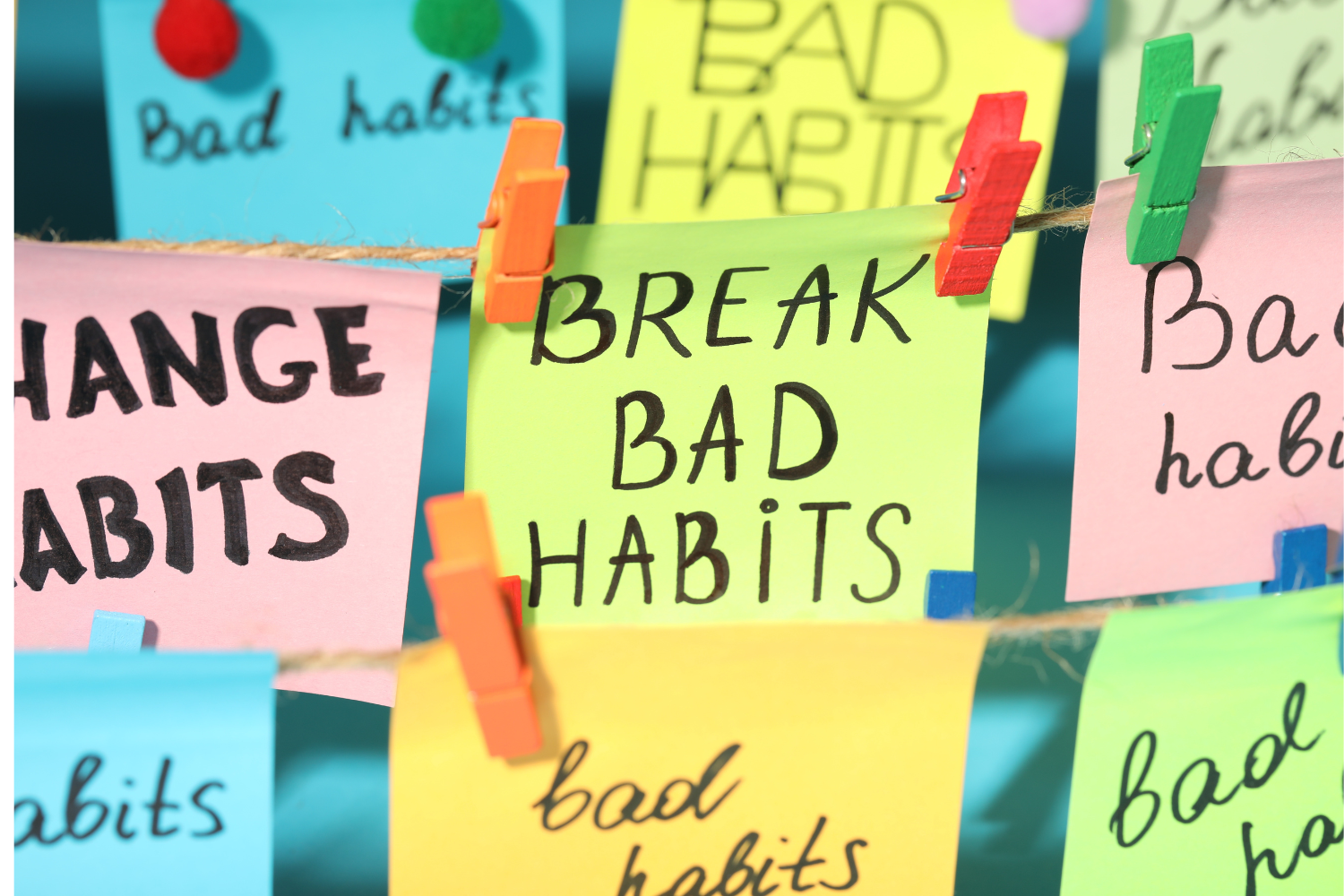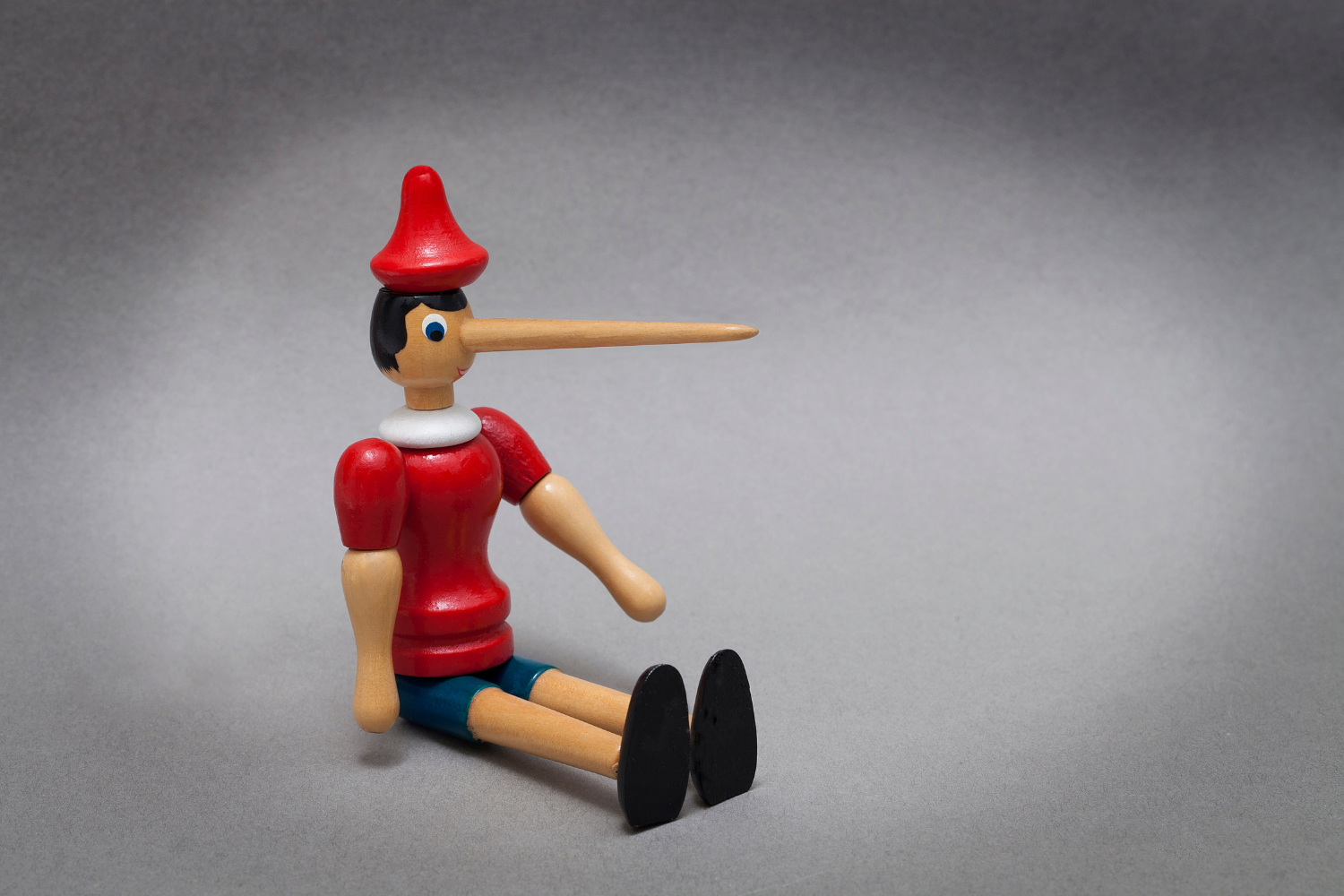3 Reasons to Raise Your Children in a Bubble
/Our children, as you know, are impressionable. The things impressed upon them when young are difficult, if not impossible, to erase later.
One of the advantages when homeschooling is that we get to raise our children in a bubble, something I'm pretty sure Socrates would approve of.
“A teacher affects eternity; he can never tell where his influence stops.”
We can choose to expose our children to the kind of literature, people, and experiences that will model the behavior we want them to embody as adults. When we do this, they get the kind of impressions when young that lead to happy lives when grown.
#1 The Quality of Literature Matters
Reading quality literature is critical too. When we read stories about virtuous people and unethical people, and the righteous people win in life and the wretched people don't, your children are learning that happiness comes with goodness.
The ancient Greeks taught us this many centuries ago, and fortunately, modern psychology has caught up with the past.
We can all agree now, I hope, that goodness leads to happier lives!
Another thing the ancient Greeks taught us is that when we normalize unsavory behavior in our children’s lives, such as letting them read the wrong kind of literature or watch the wrong kind of films, our children are more inclined to excuse it in themselves.
#2 The Quality of Company Matters
When choosing the families you decide to surround your family with while raising your children, choose families who share your values and beliefs, whatever they are. We influence one another just by being in each other's company, and our children are influenced too.
“I hold that a strongly marked personality can influence descendants for generations.”
If you have friends who have qualities that you admire, raise your children to be close to them. As adults, my children will visit my friends, even when I'm out of town! Of course, now they are "our" friends, but I love that my children have close relationships with so many good people.
Friends who have special talents, such as musicians, poets, and artists, or friends who are skilled professionals, such as lawyers, doctors, and writers, may not only influence your children, but they may inspire one of them to follow the same path.
Sometimes we overlook the little things, but it's those little things, such as what books we read to our children, what friends we keep, and what environments we create, that make the biggest differences for who our children grow up to become.
That's why often you'll see that parents who are intellectuals will raise children who are intellectuals, athletes will raise children who are athletes, and artists will raise children who are artists.
#3 The Quality of the Environment Matters
Environment matters more than we may realize. If our children are surrounded by books, they'll read; if they are surrounded by sports equipment, they'll play sports; if they are surrounded by live music in the home, they'll play an instrument.
I didn't understand these things when my children were young like I understand them now, but I was fortunate in that I come from a big family. My children grew up in the company of intellectuals, artists, musicians, writers, lawyers, entrepreneurs, teachers, gourmet cooks, and sportsmen of all kinds.
My children had a lot of great influences in their childhoods, and that's exactly what you want for your children. If you don't have the luxury of coming from a big family with a lot of varied interests and skills, then seek those people out and welcome them into your family’s life.
Against the Bubble Argument
When I was homeschooling, I remember a neighbor complaining to me that I was raising my children in a bubble, and when my children grew up, they would not know how to function in the world.
“I am a thousand times better: I am an honest woman, and as such I will be treated.”
Well, they grew up and proved that person wrong. So will yours. Protect your children’s innocence for as long as you can, raise them on quality literature and surround them with excellent people.
Keep an engaging but pristine environment for them and then sit back and watch them blossom into grown people with whom you feel grateful to have in your life.
Don’t miss your free download, 6 Reasons Homeschooled Kids Have Better Social Skills.
Get a copy of Liz’s “could not live without” book, Education’s Not the Point: How Schools Fail to Train Children’s Minds and Nurture Their Characters with groundbreaking Essays on educating your kids by John Taylor Gatto, Dorothy Sayers, and Liz herself.
About Elizabeth Y. Hanson
Developing a comprehensive understanding of how to raise and educate a “whole” child, based on tradition and modern research, Liz devotes her time to helping parents to get it right.
Liz is a homeschooling thought-leader, as well as the creator of two unique online courses, Raise Your Child Well: Preserving Your Child's Natural Genius by Laying a Solid Foundation During the First Seven Years and the Smart Homeschooler Academy: Homeschooling the "Whole" Child for a Well-Trained Mind and Character
As an Educator, Homeschool Emerita, Writer, and Love and Leadership Certified Parenting Coach, Liz has 23 years of experience raising children and working in education.
Liz is available for one-on-one consultations as needed.
"I know Elizabeth Y. Hanson as a remarkably intelligent, highly sensitive woman with a moral nature and deep insight into differences between schooling and education. Elizabeth's mastery of current educational difficulties is a testimony to her comprehensive understanding of the competing worlds of schooling and education. She has a good heart and a good head. What more can I say?”
—John Taylor Gatto Distinguished educator, public speaker, and best-selling author of Dumbing Us Down: The Hidden Curriculum of Compulsory Schooling. For a copy of The Short Angry History of Compulsory Schooling, click here.




























